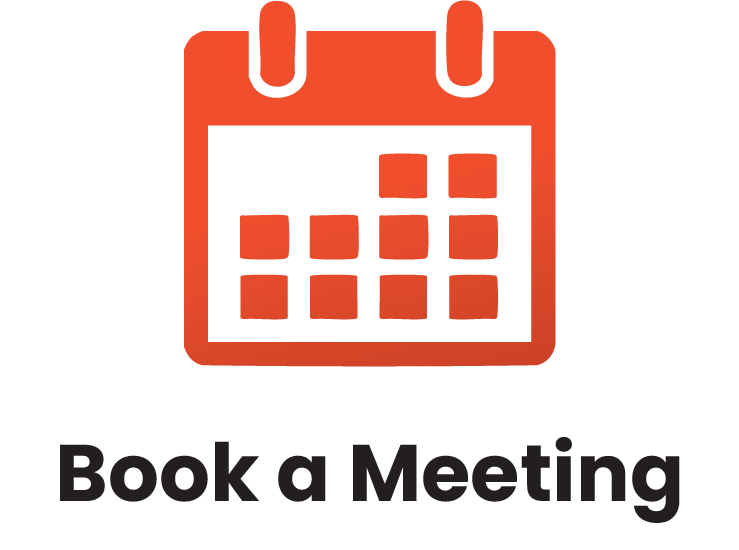Interactive training sessions led by experienced facilitators.
What is In-Person, Instructor-Led Training?
Our in-person training is delivered by a live facilitator who works directly with your team at your location. It’s our most popular format because it allows for real-time interaction, hands-on learning, and direct support.
Every session is tailored to your team’s specific goals, industry, and challenges—no generic, one-size-fits-all programs. Whether it’s a single session or a full training series, we design the experience to be relevant, practical, and fully aligned with your needs.
What is Live Webinar Training?
Live webinars are facilitator-led training sessions delivered online in real time. They’re ideal for teams working in different locations or with busy schedules.
This format offers shorter, more frequent sessions that are easy to coordinate—making it a convenient option for organizations with remote or distributed teams.
What is Virtual Classroom Training?
Virtual Classroom training is live, instructor-led training delivered online. It offers the same interactive experience as in-person sessions, with real-time discussions, group activities, and instructor feedback.
It’s a flexible option for organizations that want to reduce travel, save costs, or better fit training into busy schedules.
What is a Lunch & Learn Session?
Lunch & Learn sessions are short, facilitator-led training sessions delivered in person or online—typically during the lunch hour. They focus on specific topics or skills and offer a quick, engaging way to learn without a full-day commitment.
These sessions can be offered as one-time events or as part of a series, making them a great option for ongoing, bite-sized learning.
Online Learning
Enjoy our self-paced option and learn from anywhere!
$199.00 USD
Being A Team Player
Teamwork is essential in any successful enterprise, and to have effective teams, an organization must be comprised of individuals who pride themselves on being great team players. Many of us consider ourselves to be team players, but are we really? Do we know what that takes; and what managers consider to be the qualities that make a person a team player, or that make a good team player a ‘great’ team player? Everyone brings their own skills and strengths to the table; understanding how to use those skills within the context of a team is vital to help an organization succeed.
LEARNING OBJECTIVES
Learning Objectives
After you complete this course, you will be able to:
- Understand the definition of a team player and a non-team player
- Know the difference between a team player and a non-team player
- Learn the qualities possessed by a team player
- Determine what type of team player you are and how that functions in your workplace
- Know and understand what it takes to be a team player
- Discover the different types of teams that exist within a company
- Learn what working together as a team looks like
- Learn the different types of workplace teams and what types of teams successful organizations need
- Develop strategies to improve teamwork
- Give participants a moment to write down their own learning objectives in their workbook.


COURSE OUTLINE
You will spend the first part of the day getting to know participants and discussing what will take place during the workshop. Students will also have an opportunity to identify their personal learning objectives.
Being a Team Player
The course will open with the statement that team players are vital to the success of every organization, and defining what being a team player means. Your students will then explore what characteristics are common to team players.
Being a Good Team Player
Next, students learn about how to demonstrate to others that they are a good team player. They will think about their own experiences, and prepare for the ‘Teamwork’ questions that are asked in most interviews.
Teamwork
Your students will next explore teamwork and the different types of teams. The five types of teams that are vital to every workplace are also explained.
Why Teamwork Fails
The next session covers some of the reasons why teams fail. The important role that informal and formal recognition plays in helping to ensure the success of a team is also related.
Six Strategies to Improve Teamwork
Students will then learn about 20 strategies that will help overcome obstacles and create a better environment for your teams to be attain their goals.
Workshop Wrap-Up
At the end of the course, students will have an opportunity to ask questions and fill out an action plan.


















